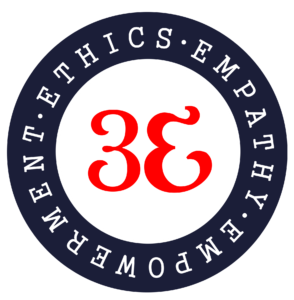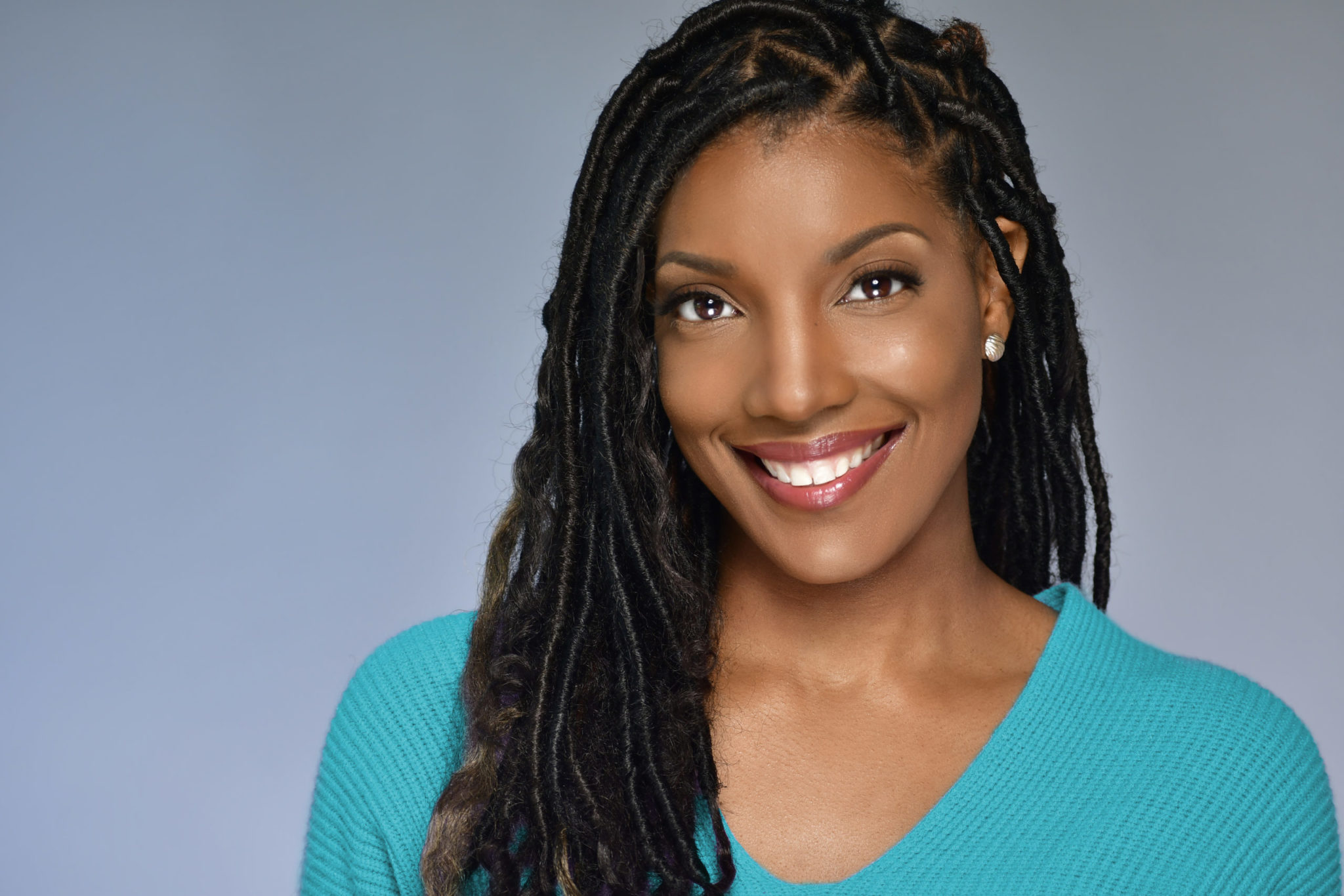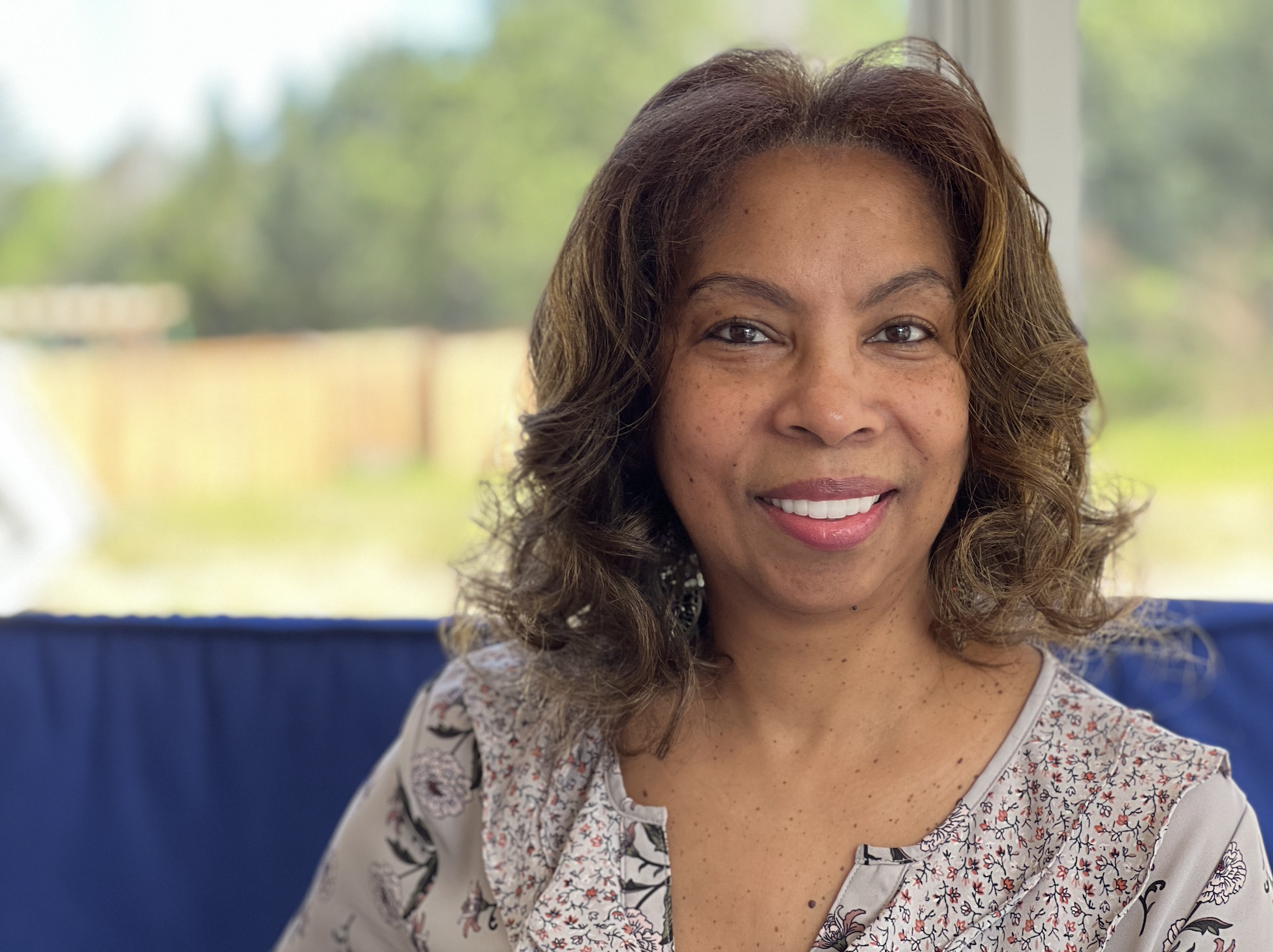3E Program for Social Justice and Change
About 3E Program
What is the 3E Program for Social Justice and Change?
The 3E program is an online U.S History Course that is inclusive of African American History. With Google Classroom integration, instructors can implement the 3E Program in their classrooms. Parents looking for a supplementary Black studies course, can enroll their young scholars into our self-paced online program. The only thing required is computer and internet access. The 3E Program for Social Justice and Change consists of middle and high school lessons and activities, and complementary film segments that teach United States history and the current state of America. The program delves deep into the unjust treatment of African Americans and other BIPOC communities. Each lesson guides students through a critical thinking process that encourages them to make specific claims based on relevant facts and evidence presented in the program materials and resources. The program promotes Ethics, Empathy, and Empowerment. Lessons assist students in unmasking the harsh realities and building towards a new legacy free of racism and historical omissions or distortions.
Cultural and historical field trips
3E Program lessons are enhanced as eligible students are presented with opportunities to attend enriching field trips. In March of 2024, we collaborated with the Equal Justice Initiative to bring groups of eligible 3E Program alumni to the Legacy Museum in Montgomery, Alabama.
Engaging guest speakers
Students are provided opportunities to learn from guest speakers that are activists, historians, and first or second hand witnesses to historical and current events. Our previous list of speakers include: Gwen Carr- mother of Eric Garner, Darryl Moore- grandson of a Tuskegee Syphilis Experiment victim, Michael McCarty- former Black Panther Party member, Chief Amusan and Christie Williams- Descendants of Tulsa Race Massacre victims.
Inspired by media
The 3E program for Social Justice and Change is based on activist, filmmaker, and educator Brandi Webb’s documentary titled, Betrayal of a Nation (BON). Betrayal of a Nation chronicles U.S history in the format of a trial as it relates to oppressive forces that have plagued Black and Brown Communities. The film intertwines scripted courtroom dialog with out-of-court real life interviews with experts and witnesses. In her own quest to research her African American origins, Webb spent four years compiling research and interviewing historians and civil rights activists to get an accurate understanding of the plight of Black and Brown citizens in America. These findings are presented in the Betrayal of a Nation documentary.
The curriculum developers
Brandi Webb collaborated with educator Melody Michaux to design the 3E Program. Webb worked as a teacher for the NYC Department of Education, and taught film and theatre for various organizations. Michaux served as an educator, curriculum writer, and educational consultant, spanning 35 years of service with the New York City Department of Education and the Atlanta Public Schools. Phillip Panaritis was invited to work on the project as a revision and editing expert. He worked at the NYC Department of Education for 35 years as a high school social studies teacher, curriculum and grant writer, and supervisor at the district and city-wide level.
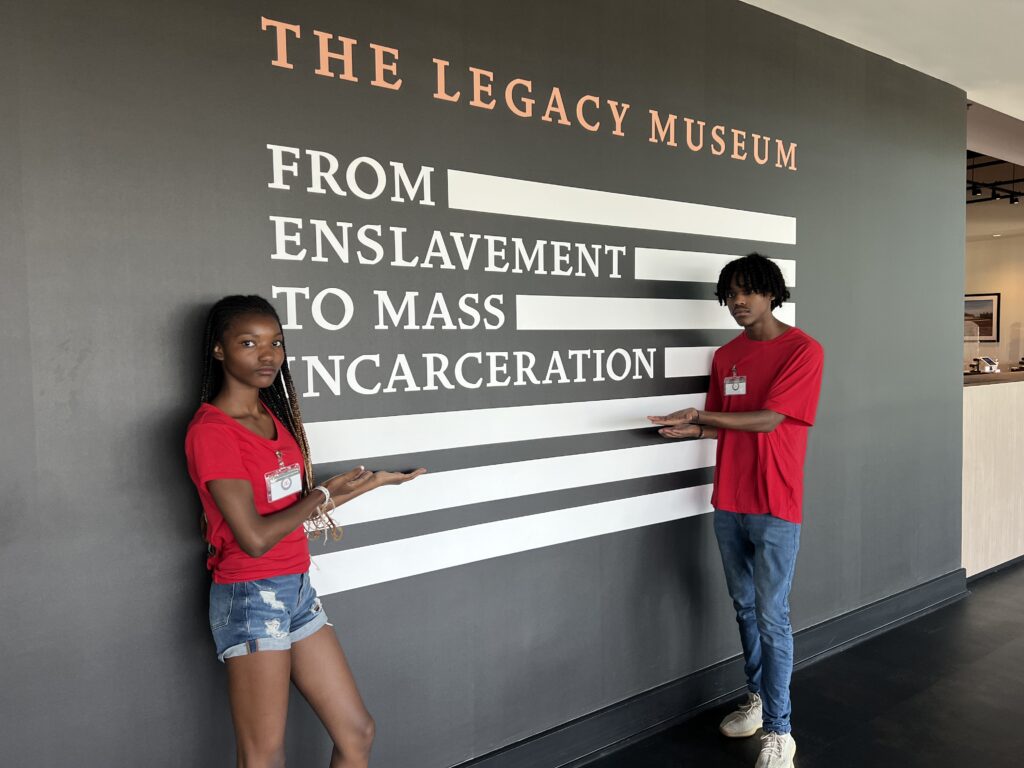
3E Program Spotlight
Students discuss their favorite 3E Program topics
3E Program lesson content
The video segments and lessons allow students to explore the following topics: Native American land, Slavery, Reconstruction and the Post- Reconstruction era, Jim Crow, the Tuskegee Syphilis Experiment, the Tulsa Race Massacre, lynching, the execution of civil rights leaders, mass incarceration, police brutality, and reparations. With a focus on ethics, empathy, and empowerment, the 3E Program will afford students an in-depth examination of these important events that for way too long, have been omitted from or simply “mentioned” in conventional U.S. History syllabi.
Why the 3E Program is needed
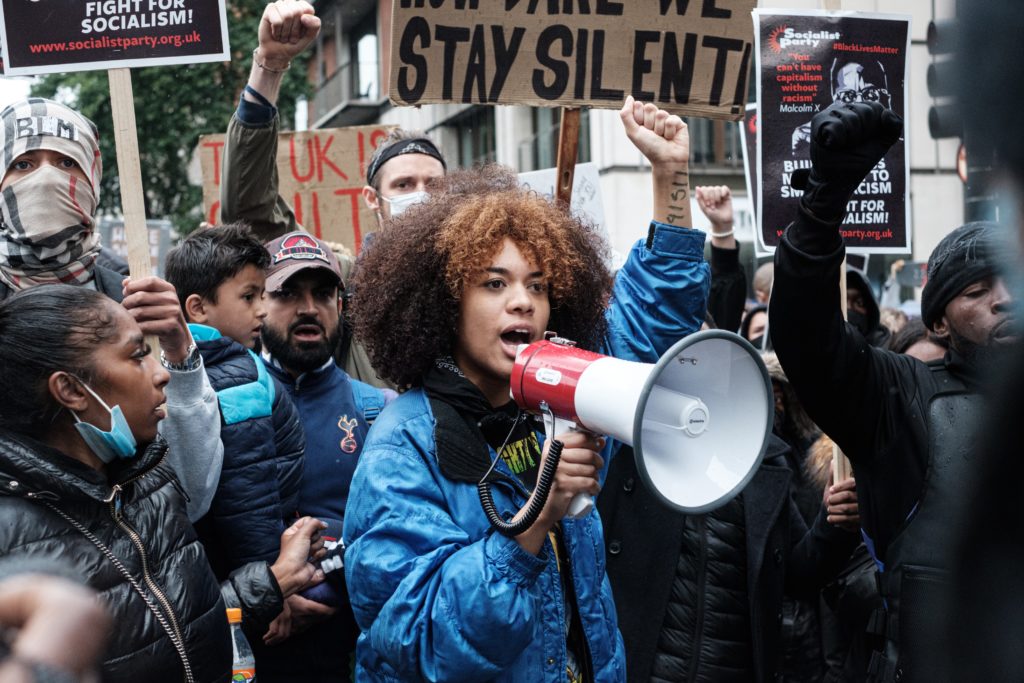
In the past six years, the resistance to remove confederate statues, the recent murders of George Floyd, Breonna Taylor, and Ahmaud Arbery, and now mainstream acknowledgment of the 1921 Tulsa Race Massacre, have all reminded us that America’s deep-rooted history of white supremacy, systemic racism and state-sanctioned violence against African Americans and other people of color lives on with us today. We face the realization that the racist ideologies many of us thought subsided following the Civil Rights Movement, have tragically passed on through succeeding generations. The only way to put an end to this is to learn and confront our history so that we are not doomed to repeat it. We believe transparency, accountability, and empathy is the formula to eradicating racism.
